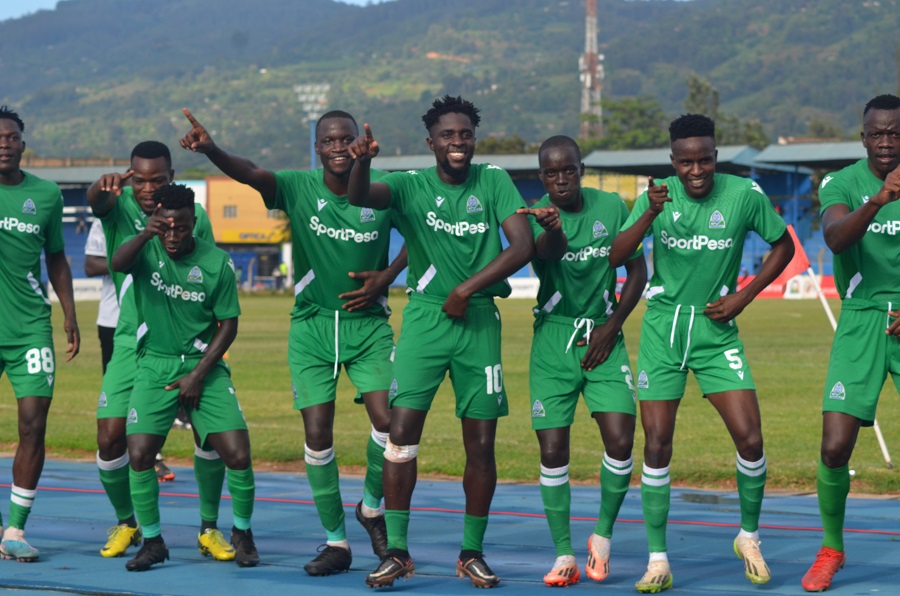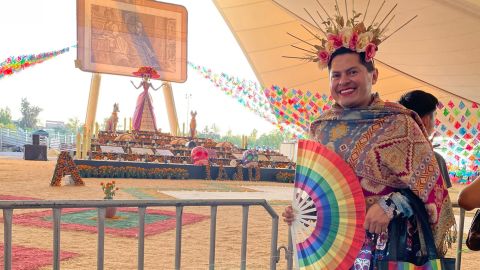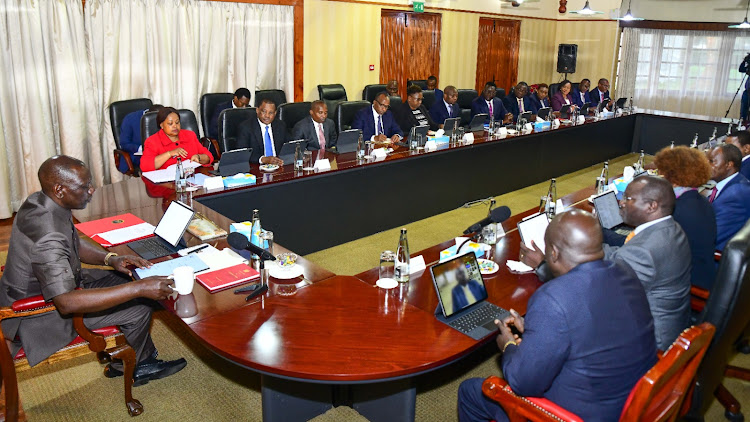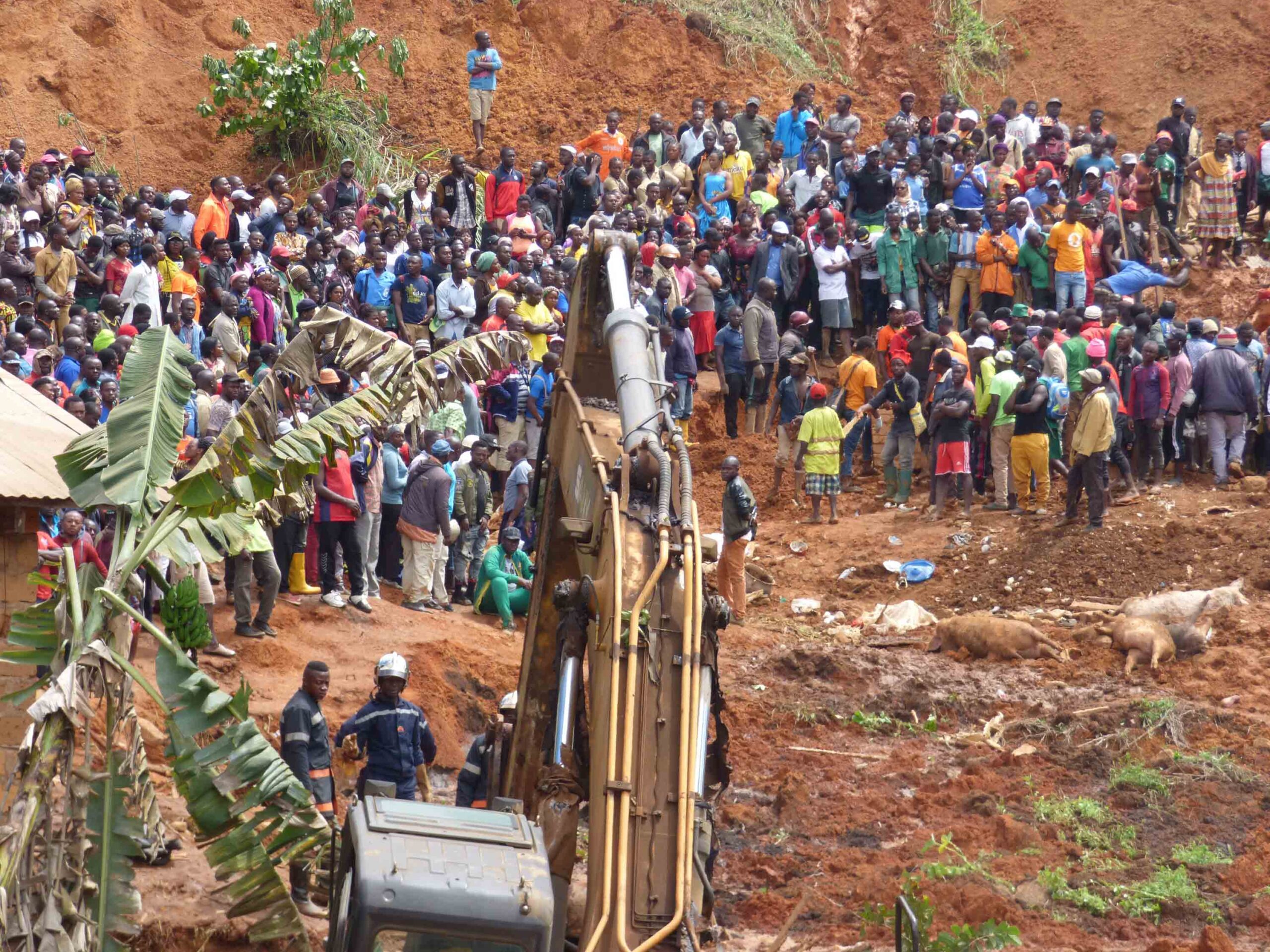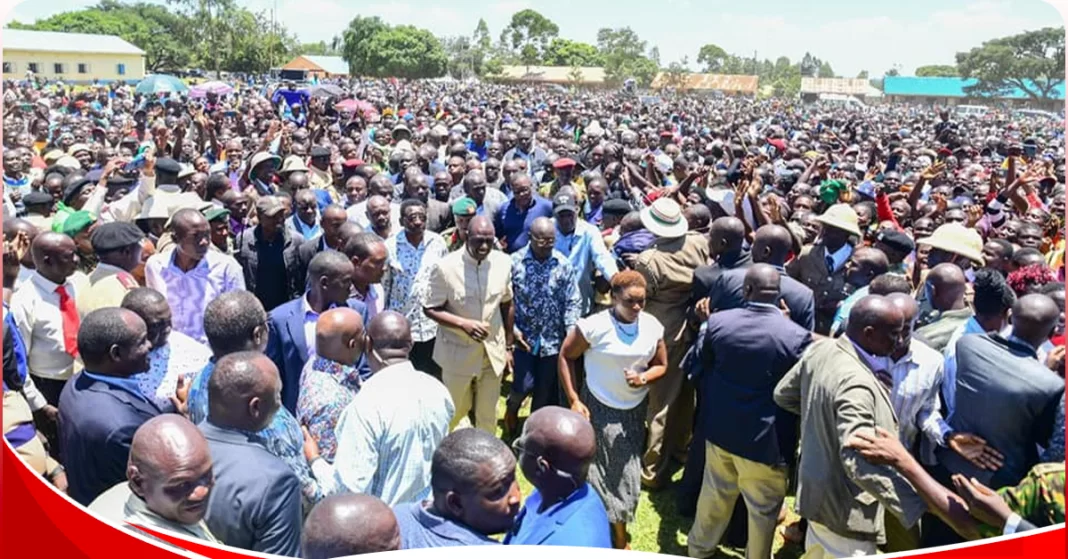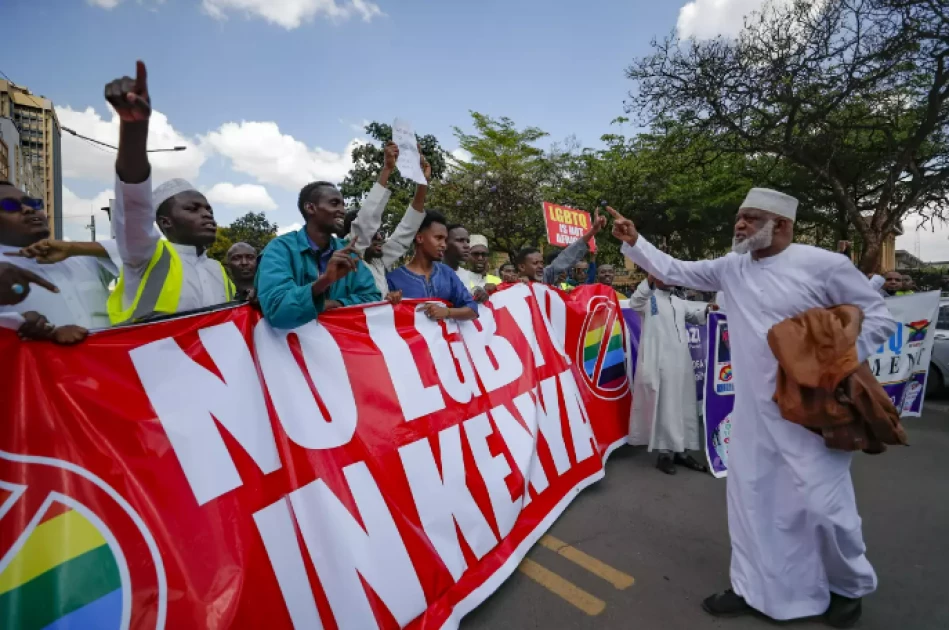POLICE DISPERSE PEACEFUL JKUAT STUDENTS PROTEST OVER ALLEGED MURDER OF DENZEL OMONDI
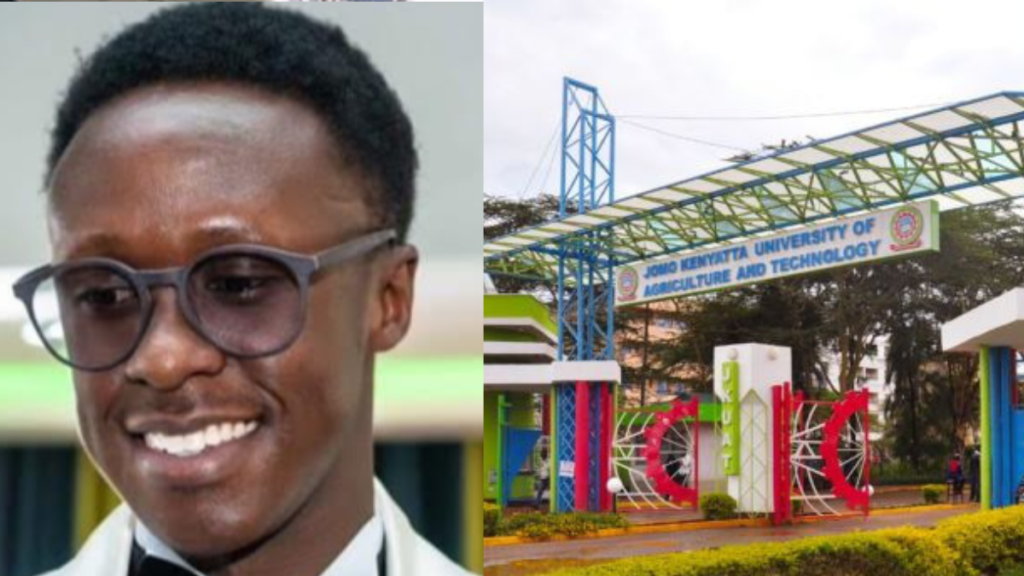

A peaceful student demonstration by students from Jomo Kenyatta University of Agriculture and Technology ran out of control today when police came to disperse protesting students using tear gas and non-lethal rounds along the Thika Superhighway. This followed the mysterious death of Denzel Omondi, a third-year student who died after leading anti-Finance Bill demonstrations.
“His body was found in a swamp in Juja, two days after he had joined the June 25, 2024 crowd that rallied at Parliament,” said a university official. “His death spread fast to all students as news, and its deprivation received a lot of uproar.” Students who knew Omondi described him as a dedicated and passionate soul on matters of social justice; as such, his death was all the more devastating.
The protesters, who also included sympathizers and fellow students, were demanding justice for Omondi, alleging that he might have been shot by the police during the demo. There were accusations that what had transpired was unnecessary use of force by the police in dispensing an otherwise peaceful gathering, hence transforming a moment of activism into chaos and tragedy.
“The Independent Policing Oversight Authority responded first by opening an inquiry into the death of Omondi,” IPOA Chairperson Ann Makori stated. “We call upon members of the public, eye-witnesses, or any person who might have captured the incident on CCTV camera or any photographs to avail themselves and help in the investigations.” This move was first taken as a step towards transparency and accountability, culturally important to be offered in a tense environment where trust in the police had already been strained.
Other allegations that have been hurled against the National Police Service relate to illegal detention, abduction, and enforced disappearance. This has only contributed to increased public outrage and a heightened feeling of unease within the university community and beyond.
Again, the incident has brought to light debates relating to police conduct during protests and questions fundamental to accountability in agencies of law enforcement. However, at the level of policy reform, it has resulted in raising questions about reforms necessary to ensure peaceful protests and human rights, coupled with the rule of law being upheld by authorities.
It is against this deteriorating backdrop that officials from the local university have come out to urge restraint, dialogue, and peaceful means of airing their grievances. Officials called on the students to channel frustrations toward constructive actions that would not lead to injustice but uphold the values of the university community.
As investigations into the matter continue and public scrutiny heightens, Denzel Omondi’s case puts itself right at the forefront in the continuing struggle for justice and police accountability in Kenya. The result of the IPOA investigation and authorities’ reactions could set a landmark for future protests in Kenya to ensure that such protection of rights is strictly awarded to demonstrators.




